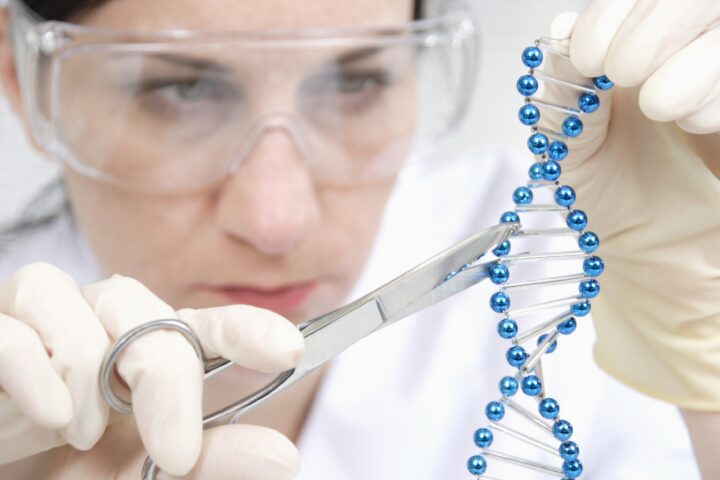
According to the Director of the Federal Office for Agriculture, “every second meal is imported”
The coronavirus pandemic, the Ukraine war and the energy crisis have all brought the vulnerability of supply chains into sharp relief. In an interview with the Tages-Anzeiger, the Director of the Federal Office for Agriculture, Christian Hofer, warns against becoming too dependent on food imports. Switzerland must take care of its food security.
Tuesday, November 8, 2022
According to Hofer, the Ukraine war has shown just how great the dangers are of relying on a single source when it comes to food supply. Countries that sourced practically all of their wheat from Ukraine suddenly had to worry about their food security. This must not happen to Switzerland. Alongside diversified food imports and a good trading relationship, Switzerland also needs strong domestic production. Hofer draws parallels with the looming energy shortages: “Thanks to our high purchasing power, we are in a comfortable position to be able to buy enough food on the global market. However, we should not expect what is on the table to be the same as we are used to”. According to Hofer, long-term power outages would also affect food production, likely leading to a supply crisis.
Constant self-sufficiency thanks to innovation
Switzerland must take care of its food security. This requires strong domestic production. However, the small amount of space available per capita poses a challenge. This is where innovative technologies come in. In spite of a 30% increase in population over the last 30 years, Switzerland has managed to keep its level of self-sufficiency relatively stable at around 50% in recent decades. “Production has, by and large, managed to keep step with growing demand as a result of technical advancements and innovation.” However, as Hofer points out, “for every second meal brought to the table, Switzerland imports food from abroad”.
Need to boost production
But how can Switzerland increase its level of self-sufficiency? “Production needs to be boosted through investments in breeding and technology, for example, but we also need to ensure healthy and sustainable consumption,” says Hofer. For example, the reduction of food waste offers a great deal of potential. People in Switzerland currently waste a third of their food. Existing arable land could also be used more efficiently. Sixty per cent of this land is set aside for growing animal feed. If more plants were grown for human consumption, the level of self-sufficiency could be increased.
Good to know
More arable farming means a greater need for plant protection products. However, approval is being withdrawn for more and more products. This is causing serious problems for the cultivation of many crops such as Brussels sprouts and onions. Swiss policy is inconsistent and even contradictory in this regard. It runs counter to people’s need for more local and affordable food.
Sources
Related articles

Genetic scissors for the future – soon in Switzerland too?
Genome editing is seen as a promising way to make agriculture more sustainable and climate-resilient. But Switzerland is hesitant to approve it. A popular initiative even wants to ban it. But what can CRISPR really do?

Less than 50 percent: How Switzerland is squandering its self-sufficiency
Swiss agriculture is under enormous pressure. Extreme weather conditions, pests and increasingly stringent regulations are putting producers under strain. As a result, self-sufficiency is falling dramatically, especially for plant-based foods. To ensure food security in Switzerland, effective plant protection products are urgently needed.

Only half the truth in the genetic engineering debate
Those who only see the risks remain blind to the opportunities offered by a new technology. Opponents of genetic engineering have presented a new survey on new breeding methods, which reveals some telling gaps.

«The FOAG is abandoning productive agriculture»
Increasing pests, missing tools, growing bureaucracy – the farmers' criticism of the federal government is loud and clear. Swiss agriculture is at its limit, reports Blick. The demand: effective plant protection products are urgently needed again.

